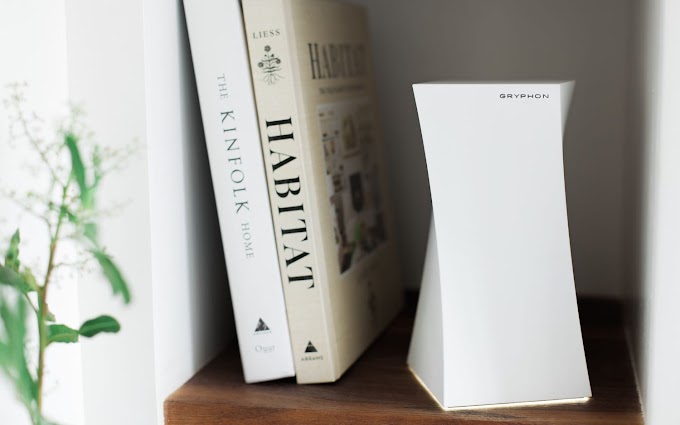
Your Wi-Fi home is a perfect place to access your personal information for cyber thieves. Many consumer routers are extremely uncertain and few take the time to lock and minimize the risk.
In this article, you will learn how you can better secure your wifi router and decrease the chances of getting your valuable data compromised.
Customize your router's admin settings
First of all, you should change the administrative credentials of your router when you create a new network — or if you haven't already.
Most routers are shipped with the default online passwords, making the router the first thing a hacker will attempt to access your network and control. Once your router has a bad actor, your Wi-Fi won't be secure anymore.
Security experts also recommend deactivating remote administrative router access, which will prevent hackers from controlling or changing Internet settings. You should directly connect to your router through Ethernet or Wi-Fi.
Finally, from default to something more unique, you can and should change your network name, also called the Service Set Identifier (SSID). Don't use any ID, such as apartment number or date of birth. Changing the SSID alone does not prevent hacks, but makes it easy for foreigners to find out who owns your network.
Stop giving out your Wi-Fi password
You should have a long, complex, and different network password to connect your devices to Wi-Fi, too.
"This not only eliminates your provider from knowing your password but also prevents that password from falling into the wrong hands should your internet provider suffer a breach or a repairman glance at your router," says Pieter VanIperen, software engineer, security expert, and New York partner with PWV Consultants.
Once the network access credentials have been updated, limit the number of people who have access to them. Install a separate guest network to use, if your router is allowed, instead of a password to everyone who comes over. Some routers even have functionality that disables guest networks after a certain period of time.
A guest network is also the best way to separate from the computers, phones, and tablets that access your bank accounts and other sensitive data on your primary wireless network your unsecured Internet of Things (IoT) devices. The vulnerability to security is greater for smart speakers, smart TVs, smart bulbs and other IoT devices.
Enable router encryption
The Wi-Fi Protected Access-2 (WPA2) encryption you can and should enable was probably presented to your router. Encryption scratches and prevents sweeping so that it can only be accessed by authorized users. Some new routers might have the even stronger WPA3 — announced in 2018 with a new standard.
When your router has the old Wired Equivalent Privacy (WEP) encryption standard, then you have to buy a new router well into the past.
Naturally, you ought to maintain the firmware of your router up to date. Not all routers automatically do so and we have a manual router update guide, but regular updates ensure known security issues are corrected.
Use antivirus, antimalware, and a VPN
Encrypt your traffic and mask your IP address and location from the nearby hackers and your internet service provider. Virtual private networks ( VPN) If a wrong actor hangs on your network, a VPN offers you extra protection over and above built-in router encryption.
Similarly, you can secure your Wi-Fi network with the best antivirus software on all your devices.
"When a Wi-Fi network is attacked, you don't notice, but what is noticed is when the attacker tries to reach devices on the network," says VanIperen. "Not only will this protect you, but this will also help detect devices that should not be there that are probing."
Don't get lulled into a false sense of security
You can take other small steps to protect your Wi-Fi network but may provide more security than true protection. This does not mean that you can't use them, but rather it should be.
It also enables media access control (MAC) filtering which prevents unauthorized devices from accessing your network—theoretically. It can help you disconnect your SSID from new devices. MAC addresses, however, are easily spoofed in practice.
Use good cyber hygiene
Securing your Wi-Fi network alone will certainly not protect your devices and data if your behavior opens the doors to hackers. To protect yourself, follow best online practices.
For example, don't click on the email links or open email files, especially if your messages are unwanted or unknown. This can lead to personal data being revealed accidentally or malware being introduced on your system.
Don't provide a web site with any sensitive data, such as your phone number, credit card number, or even your birth date, unless the site has been carefully screened and necessary. It can even be used to manipulate well-known websites to trick cyber thieves to trust them and steal your data.

0 Comments